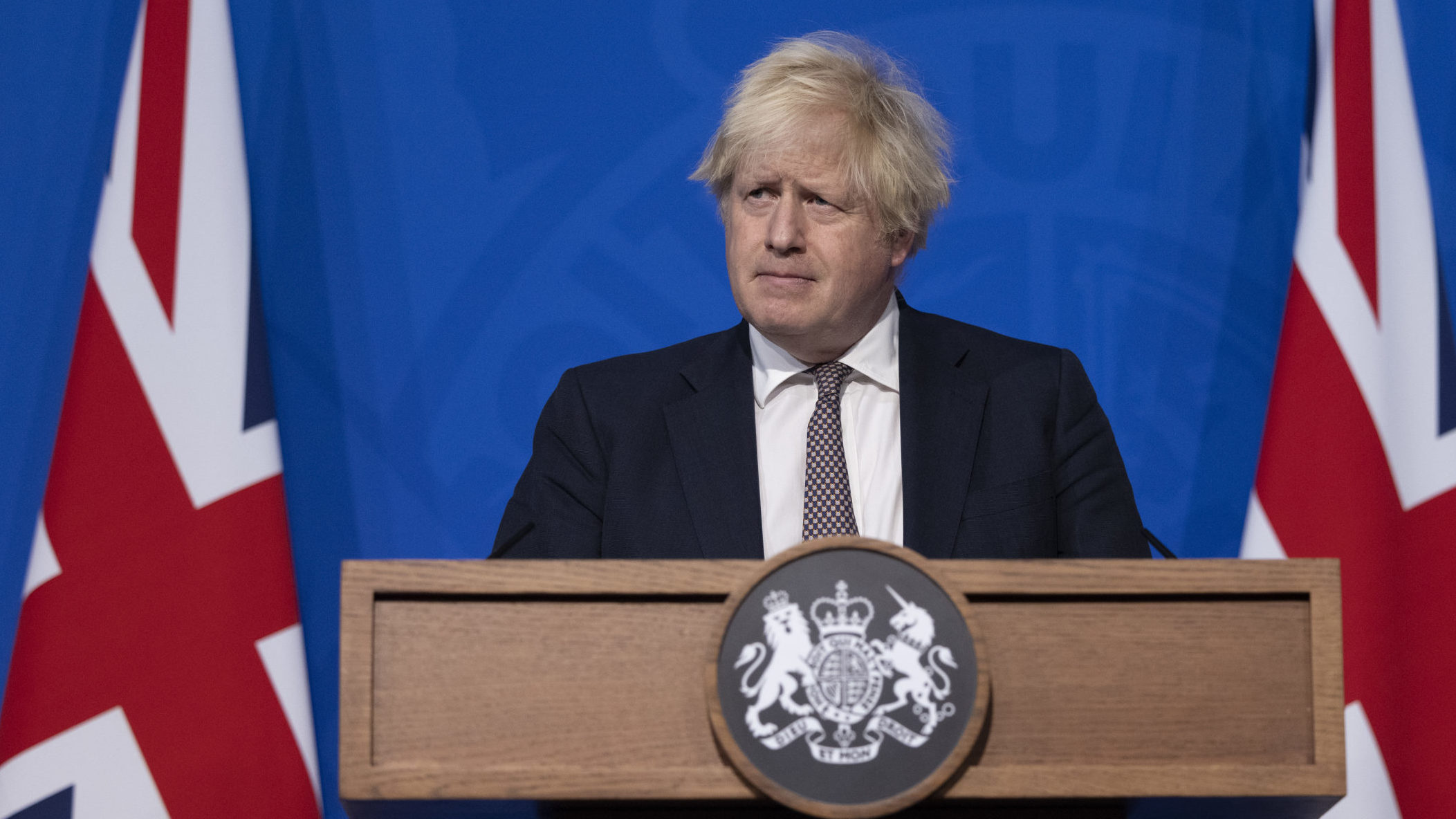Britain has no single document which outlines what its democracy looks like. The British constitution is made up of huge amounts of legislation, all of which can be rewritten if needed, and rules and traditions which are widely accepted by all politicians.
This reliance on tradition and accepted standards works if everyone accepts them. When rules are broken, politicians resign, whether they are backbenchers, cabinet ministers or party leaders and prime ministers. Without this acceptance of gentlemanly (or gentlewomanly) standards, the parliamentary system would be unworkable and require more rigid standards.
For its supporters, this flexibility is one of the strengths of the UK’s parliamentary system – everyone plays by the rules without needing them to be written down and argued over. It’s a system that has served the UK well to date. The constitutional arrangements have bent when necessary – although critics would argue that this makes for an archaic system with only limited scope for meaningful change. But the system has survived and evolved over time. So what happens when the leader isn’t playing by the rules? And what happens when they change them and the system has no way of challenging it?
That is the situation MPs currently find themselves in. In Boris Johnson they have a prime minister like no other. Previous leaders have been experts at bending – but not breaking – the rules to suit their purposes within the parliamentary system. The very purpose of a three-line whip is to make your party accept your policy and the whips have historically used every tool at their disposal to make rogue MPs toe the line.
There are legendary tales of the whips office. From Gavin Williamson’s pet tarantula to the feared black books of past indiscretions, the whips were and are experts at persuading MPs to back their legislation.
But there are supposed to be some parliamentary rules. The Ministerial Code, for example, was supposed to set a minimum standard for behaviour in public life. And it came with the expectation that anyone found to be breaking it would be punished – and that they would accept their punishment, even if they didn’t like it or agree with it.









